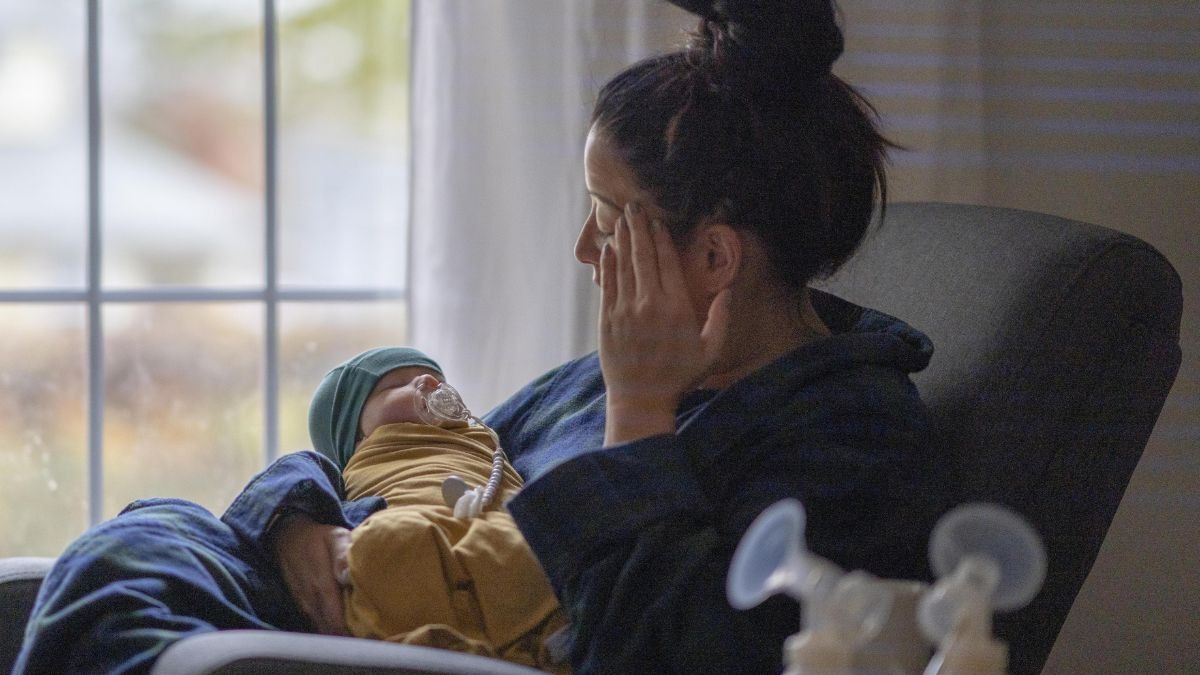Time: 2024-07-11

As a new mom , you might expect your baby 's earliest days to be tiring but also full of joy . Sometimes , though , welcoming a new baby can cause Mental health challenges . You 're probably familiar with postpartum depression ( PPD ) . It 's a condition with feelings of sadness , anxiety , and exhaustion that goes beyond the baby blues that a lot of new moms can experience . PPD can seriously impact a woman 's well - being and her ability to care for her baby . However , Postpartum psychosis ( PPP ) is different . It is a rare but serious mental health condition . For every 1,000 new moms , only one or two will develop postpartum psychosis . But it puts you and your baby at serious risk , so if you think you may have PPP you need to get medical attention right away.
With postpartum psychosis , you might see mood changes such as depressive symptoms and disrupted sleep that you also see in postpartum depression . But PPP also includes other severe symptoms such as loss of touch with reality , disorganized thinking or behavior , delusions , hallucinations , paranoia , extreme mood changes , or agitation . It is most typically seen within the first six weeks after giving birth . Symptoms of postpartum psychosis tend to develop rapidly , often within two weeks after giving birth.
Postpartum psychosis risk factors include a personal or family history of mood or mental health disorders , particularly postpartum psychosis , bipolar disorder , or schizophrenia . Postpartum psychosis may also be triggered by sleep deprivation , hormone level fluctuations , life stressors , anxiety , lack of support , poverty , or the stigma surrounding mental illness.
Postpartum psychosis is a medical emergency that requires immediate attention to keep the mother and baby safe . If you or someone you know is showing symptoms of postpartum psychosis , contact a health care provider or mental health professional right away . Treatment usually includes medical interventions , therapy , and other supports such as prescription antipsychotic medications , hormonal treatments , cognitive - behavioral therapy , and family education and support.
It 's crucial for caregivers , hospital staff , and mental health professionals to monitor the signs of postpartum psychosis closely and provide early intervention . Maintaining a healthy lifestyle and a strong support system can also help reduce the risk of postpartum psychosis . Remember , open communication and awareness about postpartum psychosis are essential for early recognition and intervention.